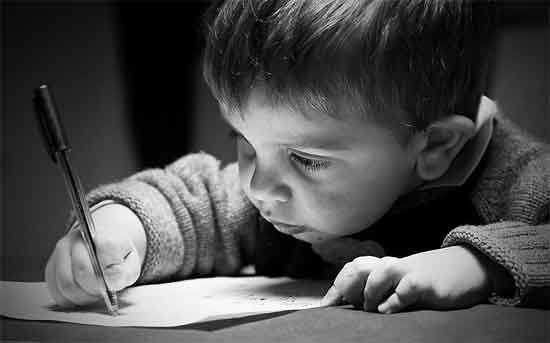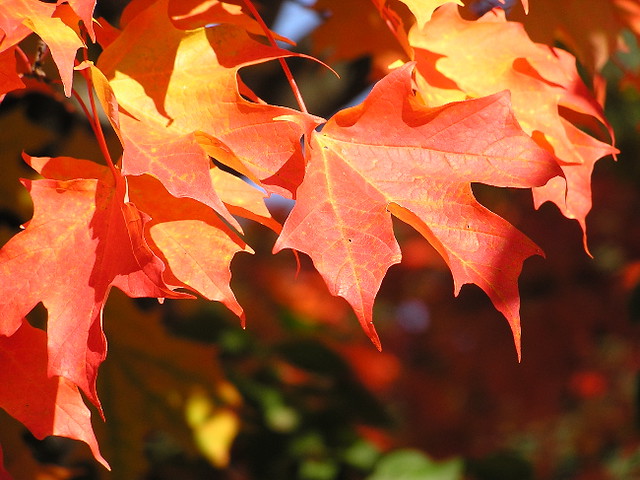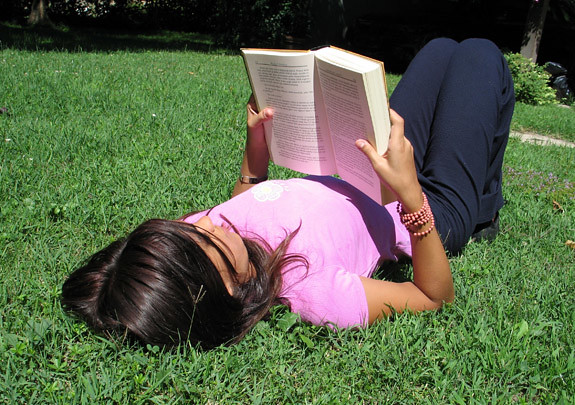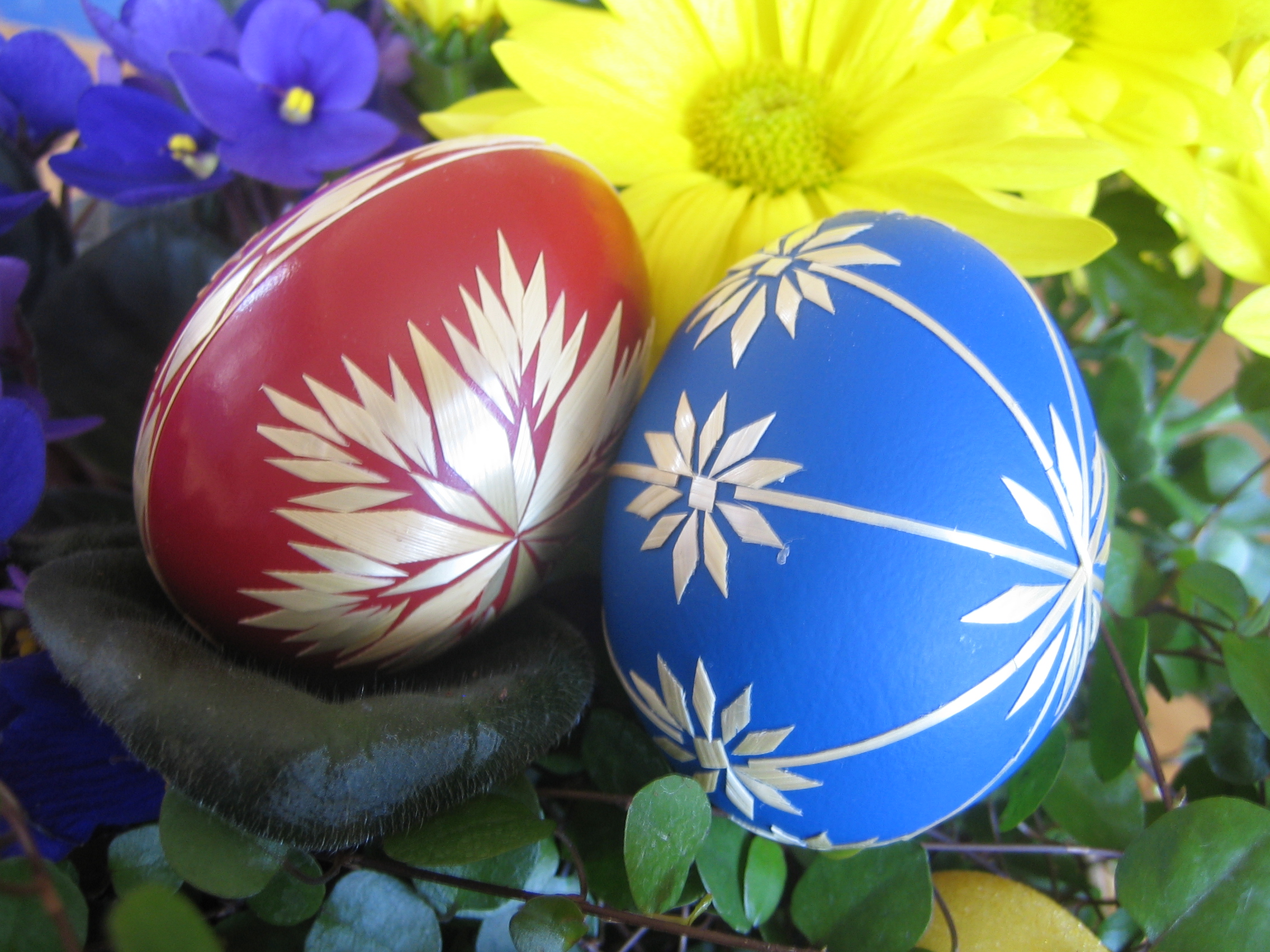Dear Students,
I am sure you have had a relaxing and fun holiday so far during this last December of 2014. I am hoping you have been playing outside, spending lots of time with your family and friends, and of course practising your reading to: increase your stamina; improve your use of reading strategies to understand what you are reading; and reading out loud to improve your fluency and use of expression. (Here is a fun activity for you. Use the book I gave you on the last day of school to practise improving your fluency. You could record yourself reading and then listen back to hear how you read the book, and make improvements as needed.)
 |
| A is for Apples |
Spelling City
I hope you have time to work on Spelling City during the holidays. You should be working on learning all of the words listed under, 'Words You Should Know' - 7 lists. Take the spelling tests online, and have someone give you the same spelling tests at home.
When you get back to school you can take the same spelling tests with a partner, and then mark the Master List which tells me which words you can actually spell consistently. What do I mean by consistently? It means you can spell the word correctly every time you write it, not just on the test day!!! It means every time you write, a sentence, journal entry, note, etc. you do not have trouble spelling the word. It should be locked in your brain.
Remember to work out little reminders or strategies to help you sound out and spell tricky words. For example, clap and say each syllable in a word and stretch out each syllable as you say it and write it, or emphasize silent letters/ irregular parts of a word by saying them out loud as you write. Think of your own strategies, whatever helps you to spell the word correctly is acceptable.
Also, remember that reading helps you to spell words correctly because it increases your visual memory of what a word is supposed to look like, and helps you understand what words mean.
Writing - Here is an activity to help you improve your writing.
I am pleased to say that all of you have improved your ability to write sentences that make sense, are more descriptive, and are becoming increasingly grammatically correct. Of course, we must strive to keep improving our writing ability, and this process takes time and is a step by step journey.
If you have time, go to Spelling City and click on 'My Records' in the top right menu. You will then see a list of all of the activities you have completed. You can also see my corrections to your sentences and my comments to you by clicking on a writing activity in the column under the heading, 'Activities' i.e., Assignment - Sentence Writing Practice. (You should have 5 writing assignments completed, one being a paragraph writing assignment.) You can greatly improve your ability to write better sentences by reading my corrections to your work and rewriting the sentences on paper according to the advice I give you. Because the sentences are written in your own words, the advice will be helpful to you. If you do not have time to do this over the holidays, you will be completing this work at school in your spare time, or during Language periods.
Enjoy the rest of your holidays, and I look forward to seeing all of you in the New Year!
























